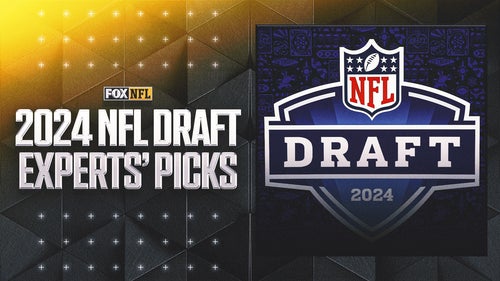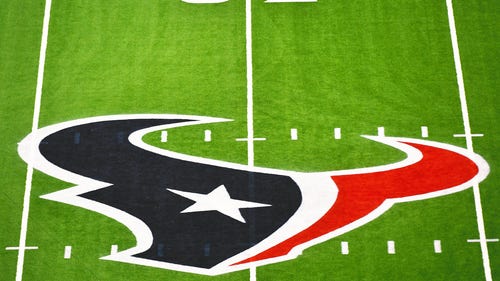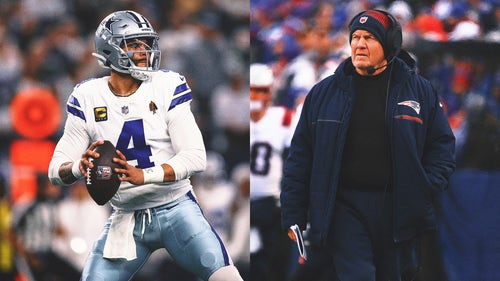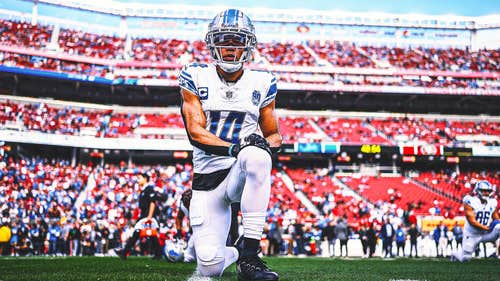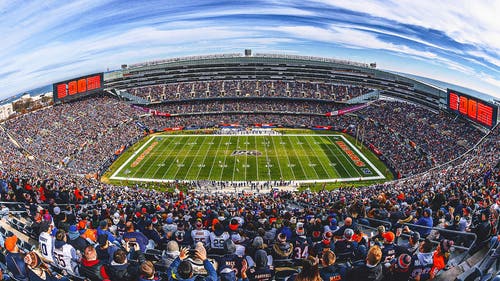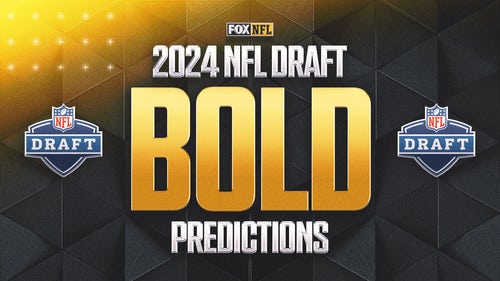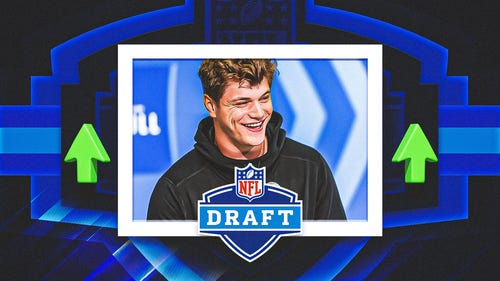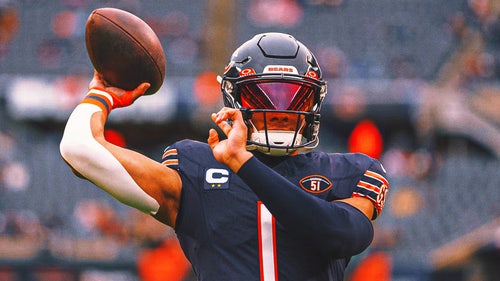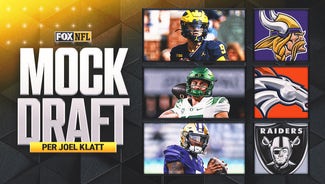
49ers done in by errant safety call
The No. 13 strikes fear in a lot of people. Some think it’s bad luck and some say it’s superstitious. After Week 13 in the NFL, let’s add odd and strange to the list.
There were at least four plays that took place Sunday that were nothing short of unusual.
Let’s start with two plays that occurred during the San Francisco-St. Louis game, a 16-13 Rams’ victory in overtime at the Edward Jones Dome.
Play 1
Situation: San Francisco had the ball, first-and-10 at the San Francisco 17-yard line with 4:37 left in the third quarter. The 49ers led 7-0.
The Play: San Francisco quarterback Colin Kaepernick went back to pass and was chased out of the pocket and into the end zone. Just before he was tackled, he threw the ball away. Kaepernick was called for intentional grounding and St. Louis was awarded a safety.
My Take: Pretty unusual, but this is the only time when the goal line still extends "around the world." The intentional grounding rule states that when the quarterback is out of the pocket, it is not intentional grounding if he throws a forward pass that lands at or beyond the line of scrimmage, including when the ball lands out of bounds over the sideline.
This ball was snapped from the 17-yard line and Kaepenick’s pass landed out of bounds somewhere near the 20. This should not have been a safety.
When judging whether a pass gets back to the line of scrimmage, it’s not where the pass crosses the sideline, it’s where it lands out of bounds. This cost the 49ers two points and it helped the Rams eventually tie the game and force overtime, leading to the St. Louis victory.
After the game, referee Carl Cheffers was questioned about the call and he insisted intentional grounding took place.
“The quarterback rolled out of the pocket and he needs one of two things: He either needs a receiver in the area or he needs to throw the ball beyond the line of scrimmage. The official on that side of the field came to me and reported that neither of those things took place. So we have intentional grounding,” Cheffers explained. “And because he threw the ball from the end zone, by rule, that penalty is enforced and the result of the enforcement is a safety, by rule.”
And forget about replay overturning this.
“No aspect of that is reviewable,” Cheffers said. “The result of the play is not a scoring play, it’s a penalty enforcement that results in a score. There’s just no aspect of that play that, by rule, is challengeable.”
Play 2
Situation: St. Louis had the ball, fourth-and-1 at the St. Louis 48-yard line with 12:37 left in the first quarter. There was no score.
The Play: St. Louis’ Johnny Hekker punted the ball 37 yards and it was caught on a fair catch by San Francisco's Ted Ginn, Jr. The Rams were penalized 10 yards for block in the back penalty against Craig Dahl.
My Take: In 2006, a rule was put in place that prohibited kicking team members from blocking receiving team members above the waist while the kick was in flight.
The reason for this was because kicking team members were shoving opponents in the back who were trying to get downfield to set up to block for a return. New York Jets special teams coach Mike Westoff proposed this rule change, and it passed.
This rule only applies while the kick is in flight. Once the ball is on the ground, or is caught, then it is not a foul for kicking team members to block in the back.
Dahl clearly shoved San Francisco’s Darcel McBath before the fair catch was made. Again, it’s unusual, but it was the right call.
Play 3
Situation: Chicago had the ball, fourth-and-inches at the Seattle 15-yard line with 12:55 left in the second quarter. Chicago led 7-0.
The Play: Chicago running back Michael Bush carried the ball for no gain and the Bears turned the ball over on downs.
My Take: Referee Mike Carey went over to the replay booth to review the spot and that’s a no-no. He did come out and say the play was not subject to review by the replay official.
The only way this play could have been reviewed was if the Bears had challenged. A lot of people were confused because they felt that all turnovers were subject to review by the replay official. That’s not the case when it comes to failure to make a first down. It’s a change of possession, but it is not considered a turnover.
What turnovers can automatically be reviewed? An interception, a fumble or a backward pass recovered by the defense or goes out of bounds through an opponent’s end zone and a punt ruled to have touched the receivers and recovered by the kickers. Any other form of turnover would necessitate a challenge to be reviewed -- unless of course, it’s inside of two minutes.
Play 4
Situation: New England had the ball, first-and-10 at the Patriots’ 25-yard line with 3:21 left in the first quarter. New England led 7-0.
The Play: New England quarterback Tom Brady’s pass, which was intended for Aaron Hernandez, was intercepted by Rashad Jones and returned for a touchdown. However, there were two low blocks called on the play, one on each team.
New England’s Stevan Ridley and Miami’s Oliver Vernon were called on the double foul and while the touchdown was taken away, Miami retained the ball and it was placed at the Dolphins’ 39 yard-line.
My Take: Did you know there was such a thing as the "hopper book?" It’s actually written by referee Ed Hochuli, and it takes penalties and puts them in them in the "proper hopper" to determine how they should be enforced.
There are fouls during running plays, fouls during passing plays, fouls during a fumble, etc. There’s also a category for double fouls after a change. This hopper states that when each team fouls after a change of possession, the penalties offset and the ball is placed at the spot of the foul for the team that last gained possession. They keep the ball at that spot and no yardage penalty is assessed.
Unusual? This situation probably takes place no more than two or three times a year, but it’s a good example of why officials must continue to study the rules to make sure they are up to date in regard to these unusual enforcements.
The officials correctly spotted the ball at the 39-yard line, which is where Vernon blocked low. And, by the way, all low blocks are prohibited after a change of possession.






































































































































